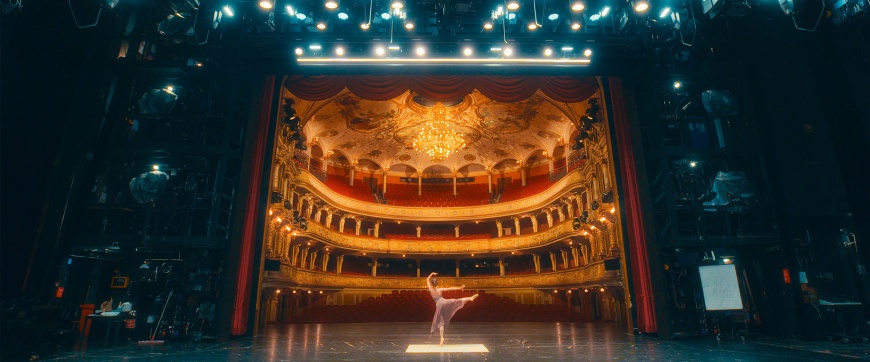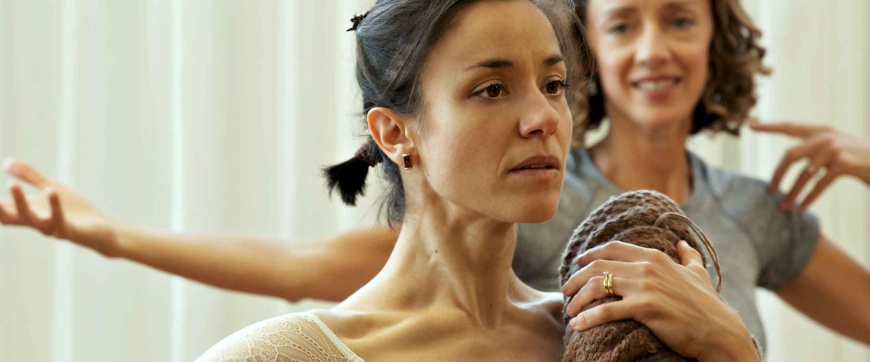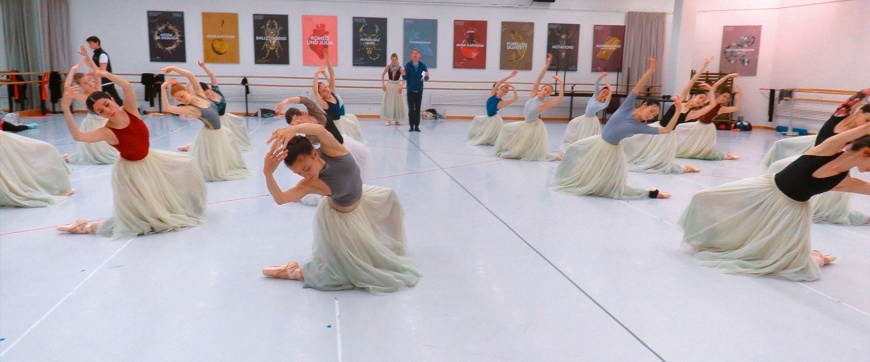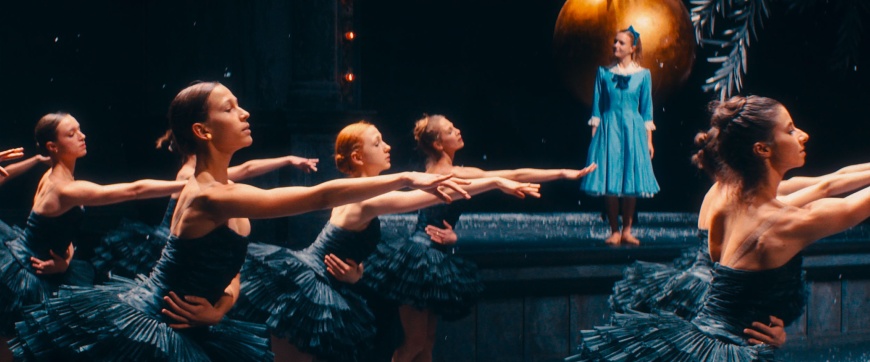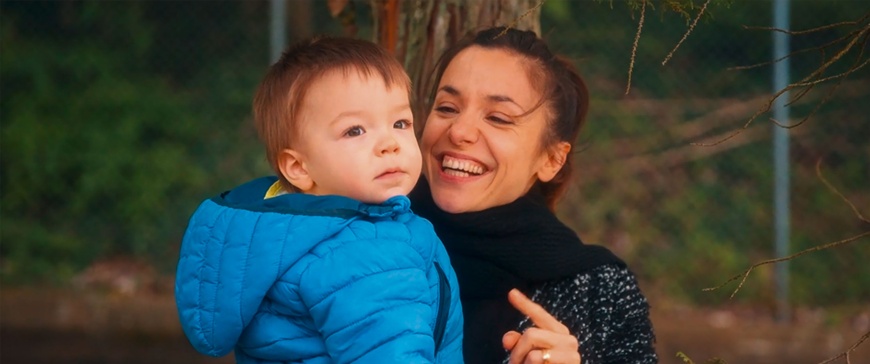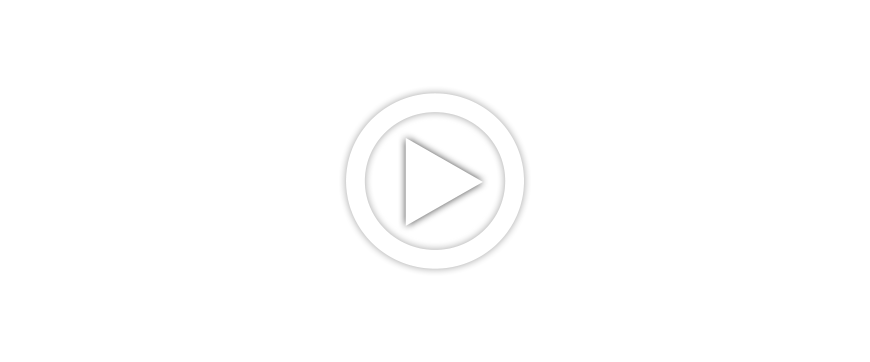Interview with the director
IN TALK WITH LAURA KAEHR
The story is universal: a woman becomes a mother and has to fight for her career. What sparked your interest?
LK: I've always seen Giulia dance at the Zurich Opera House. In my eyes, she is the most amazing artist there. One day she told me that she had given birth to a little boy and would be returning soon. It was almost as if this story wanted to be told. She felt it too. If I had known what I was in for, how difficult these recordings would be, I might not have been so enthusiastic.
Do you think it was easier because you didn't know her very well?
LK: Many of my Swiss colleagues have made beautiful films about family members. I remember thinking: "My goodness. Why don't I make a film about my mother?" Sometimes it was hard because I'm an intense person. I wanted to stay home with Giulia for 7 hours straight. She acknowledged that urge, but she's also a new mum and has a life of her own. It was like building a relationship from scratch, there was tension and arguments. Plus, she never had a day off! Her career has lasted 20 years - I'd forgotten how intense that is. She also tells us that she met her husband when she was injured and couldn't dance.
You also capture the moment when Giulia is thinking about what comes next. She's tired of playing innocent girls.
LK: That's one of the reasons I wanted to tell this story. Giulia is a rare kind of artist because she truly goes into the emotional aspect of her performances. When I was shooting, there wasn't a huge variety of roles for her: Romeo and Juliet, The Nutcracker, etc. It was very touching when she met the British choreographer Cathy Marston, who is interested in stories that don't revolve around little girls becoming women. She is interested in other stories: "Mrs Robinson", "The Cellist". When the two meet, it's a revelation. This encounter seems to mean that it's time for a revolution in ballet. I would like to see a change in the way female characters are portrayed. I understand that they were written at a certain time, but we haven't seen that much progress. It's time for something to change and I think women choreographers will be the driving force.
Were the protagonists not suspicious of you?
LK: I think the trust came from the fact that they knew I was a dancer. I wasn't going for the usual clichés, I wasn't going for drama, I didn't pay attention to what they were eating. I wanted to show that it's a real job: you have scheduling problems and you have to deal with your colleagues. When you're making a documentary film, every day is different. You're constantly busy resolving conflicts and communicating. You develop this superhuman empathy. Once I wanted to show Giulia in her house, something simple. I arrived and she was crying. You never know what to expect! But it ended up being one of the most powerful scenes in the film.


